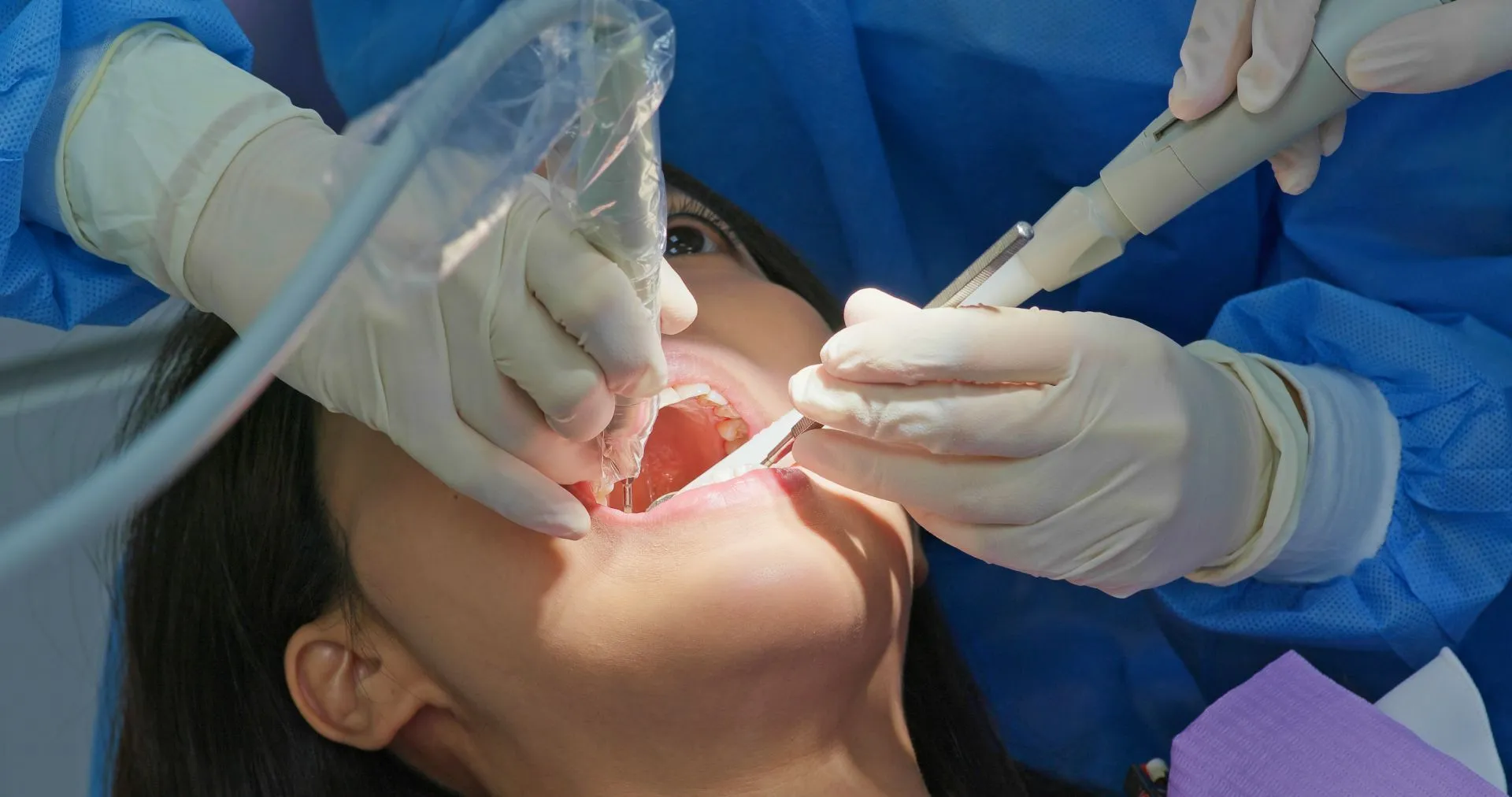Establishing good oral hygiene practices during childhood lays the foundation for a lifetime of dental health. Pediatric dentistry plays a supportive role in achieving this, guiding children and their families through techniques and habits that promote strong, healthy teeth. With dedicated care tailored to young patients, pediatric dentists create an environment that facilitates early intervention, regular dental assessments, and education, encouraging positive dental experiences.
What Is Pediatric Dentistry?
Pediatric dentistry is a specialized branch of dental care that focuses on diagnosing and managing the oral health needs of infants, children, and adolescents. These professionals may receive additional training in child-specific dental techniques and behavioral management, equipping them to address both the physical and emotional aspects of dental care for young patients. A pediatric dentist creates treatment plans to guide children’s dental development and address potential issues such as tooth decay, misalignment, or gum conditions. They may use age-appropriate strategies to alleviate anxiety, making dental visits more comfortable and informative.
Why Is It Necessary?
Children face unique dental challenges that require specialized attention. From the eruption of the first baby tooth to the transition to permanent teeth, each stage of dental development presents opportunities to lay the groundwork for long-term oral health. Early dental care helps identify and address problems such as cavities, which are a widespread issue among children. Left untreated, cavities can affect chewing and overall health. Establishing a relationship with a pediatric dentist can provide insights into age-specific oral hygiene recommendations. This can include proper brushing techniques and the role of a balanced diet in maintaining dental health.
What Are the Benefits?
Dentistry for children offers several advantages that impact not only oral health but also overall well-being during the formative years. Regular visits to a dentist prevent dental issues from worsening. Routine exams can detect early signs of tooth decay, misaligned bites, or habits like thumb-sucking that may hinder dental development. By addressing these issues promptly, dentists minimize the need for complex treatments later in life.
Tailored Education
Education plays a central role in dentistry for children. Dentists not only treat dental problems but also teach families preventive care techniques. Demonstrations on brushing and flossing can help children understand their necessity. Discussions on diet and its effects on teeth empower caregivers to make choices that promote better oral hygiene.
Age-Appropriate Treatments
Children’s teeth are continually changing as they grow. Dentists provide care that aligns with each developmental phase, whether it’s applying dental sealants for added protection or preventing teeth misalignment from occurring after losing baby teeth. These age-specific treatments facilitate optimal oral health as children progress into adolescence.
Seek a Dentist for Your Family
Pediatric dentistry is instrumental in nurturing healthy dental habits and preventing oral health challenges in children. Through early interventions, individualized education, and a compassionate approach, these specialists help children develop a positive relationship with their oral health that lasts a lifetime. Partnering with a dentist makes sure that young patients receive care tailored to their unique needs. By starting this relationship early, families can feel assured that their children are following a path toward healthy smiles.

